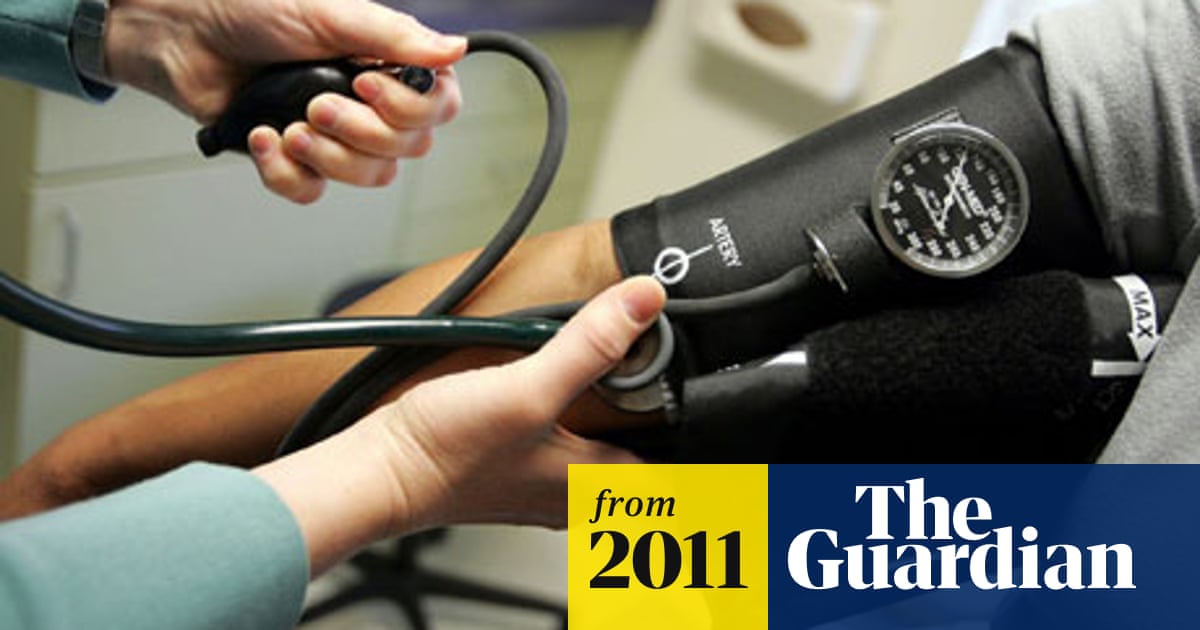I see the NHS have caught up with me at last. I do have high blood pressure but it is always much higher when tested at the Surgery.
I got so fed up with constant visits and threats of more and more tablets that I bought a BP monitor that my nurse checked out and approved.
The only thing now is to remember to test it at home,it is still too high.
I got so fed up with constant visits and threats of more and more tablets that I bought a BP monitor that my nurse checked out and approved.
The only thing now is to remember to test it at home,it is still too high.



 .
.
Comment